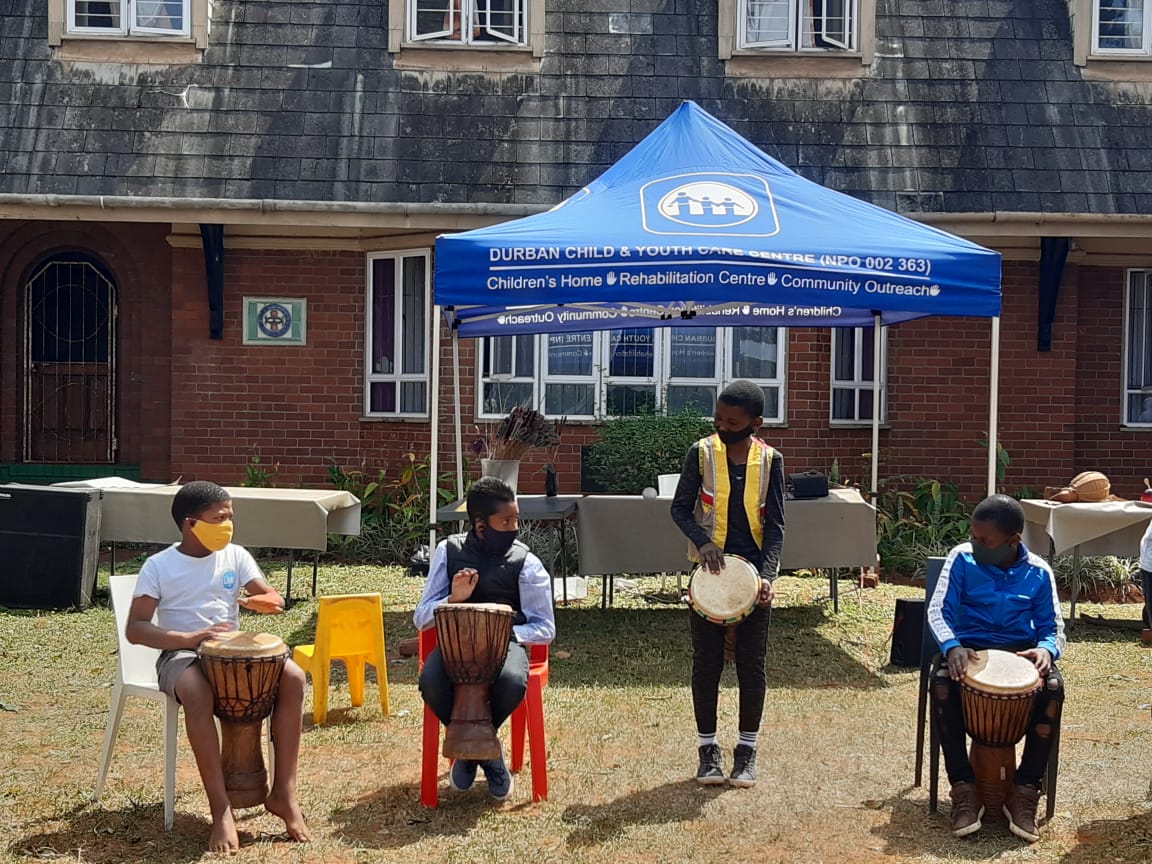South Africa celebrates Heritage Day on the 24th September each year. This public holiday was introduced at the time of our country’s democracy to highlight the many people from different cultural backgrounds who together create our Rainbow Nation. On this day South African’s are encouraged to celebrate their specific culture and/or enjoy the shared practice of people coming together for a braai.
Here at DCYCC Heritage Day is celebrated with much excitement. Children and staff alike look forward to the opportunity to share their culture, beliefs, and traditions. You can imagine the diversity that exists when you bring 74 children and up to 12 staff members, from all over our province together to celebrate. There is a richness that one would find hard to find elsewhere.
The programme of events for the Day includes the making and sharing of cultural dishes, cultural dance, song, poetry, and storytelling. Heritage Day provides the occasion for us to encourage understanding, respect, and appreciation for other cultures. In creating this platform for our children, we confirm each child’s uniqueness and identity within our Centre, and as South Africans. In addition, we believe that learning about other cultures, leads to accepting diversity and will result in a country where all people are respected for who they are as South Africans.
Awareness of cultural norms and values is important for a child’s development, as it provides the foundation for a child’s sense of identity. Children should not be deprived from learning about their culture or other cultures, especially in a country such as ours. So, when people ask you what the big deal is about celebrating Heritage Day, you can tell them……
- Adolescents have a tough time creating their unique identity during the teenage years. Abused, abandoned, and neglected children even more so. Not only do they lose out on the basics of love, education, food, and shelter, but also their culture and heritage. When they learn about their culture, they become aware of their history, develop a sense of connectedness to something much larger than themselves and this helps build their own identity.
- Each culture has its own set of morals and values. As adults many of us can reflect on how the morals and values we uphold in our lives were shared with us by our parents. These were not enforced on us but rather modelled through the various rituals of day-to-day living. Children with strong morals and values grow up to be more grounded individuals.
- Learning about culture and heritage also encourages intergenerational interaction. Learning and being a part of family traditions and festivals give children the opportunity to connect with their parents and grandparents.
- Learning about culture and being a part of family traditions allows children to develop their own unique memory bank, that they in turn can draw on and share with their own families one day.
- As South African citizens we should encourage our children to learn about the richness of our South African culture and to be proud of our heritage.
Heritage and culture are important! It should be passed on from generation to generation for years to come. South Africa has many world heritage sites proclaimed by UNESCO – Click here to learn about them – http://whc.unesco.org/en/list/
May you and your families enjoy a safe and enriched Heritage Day!

